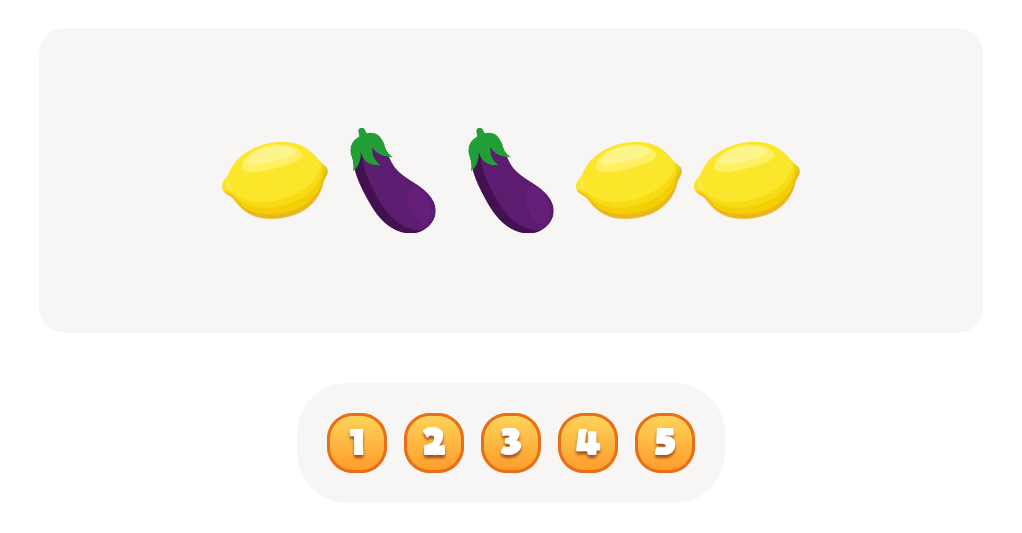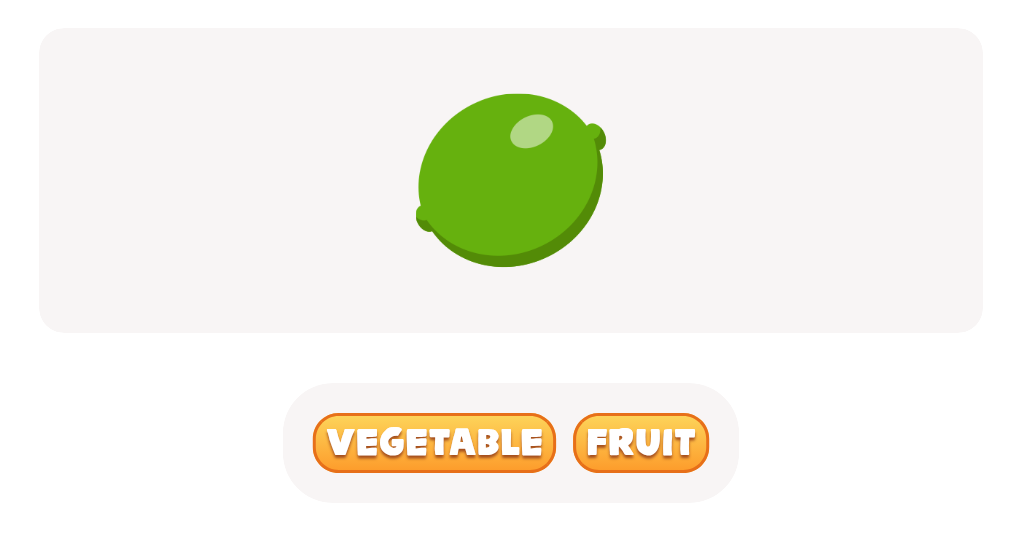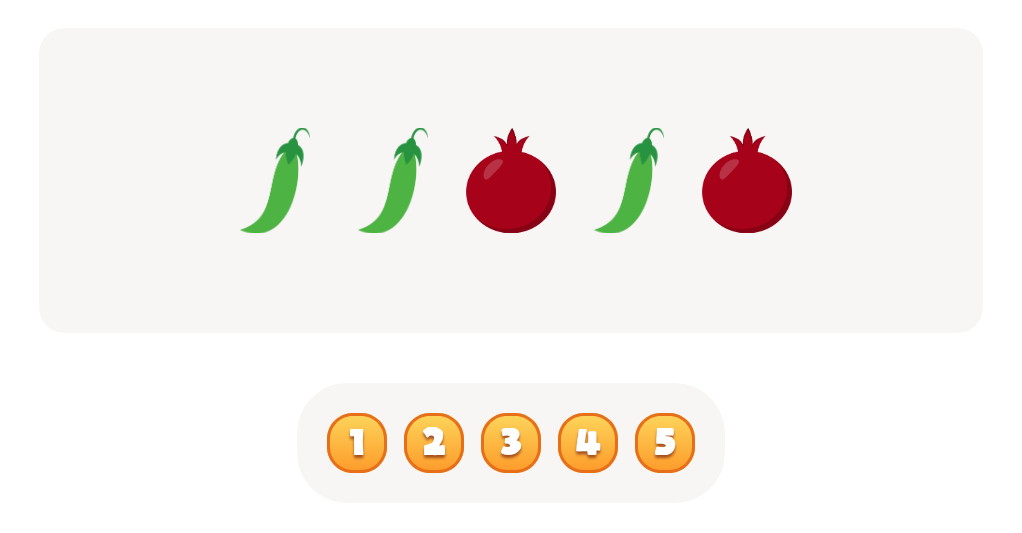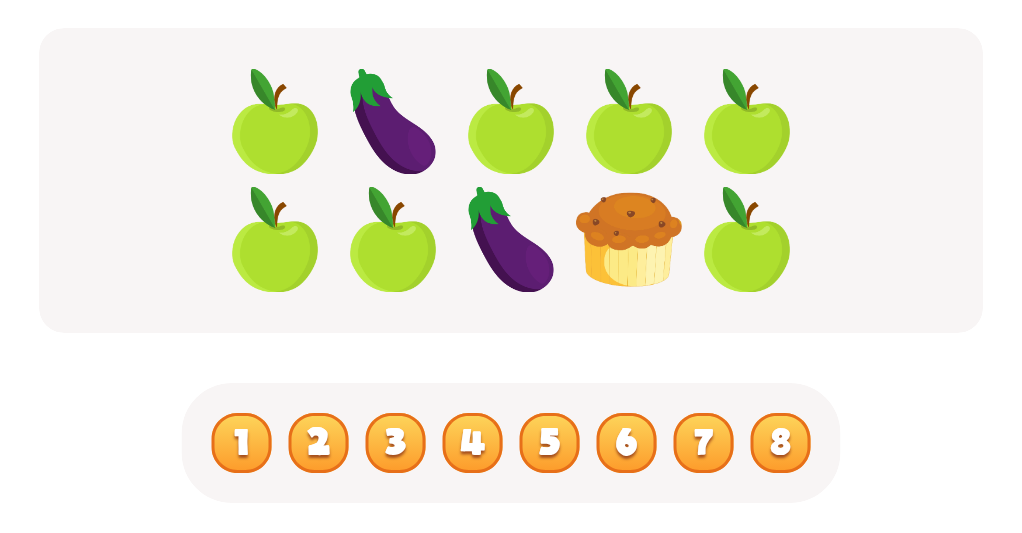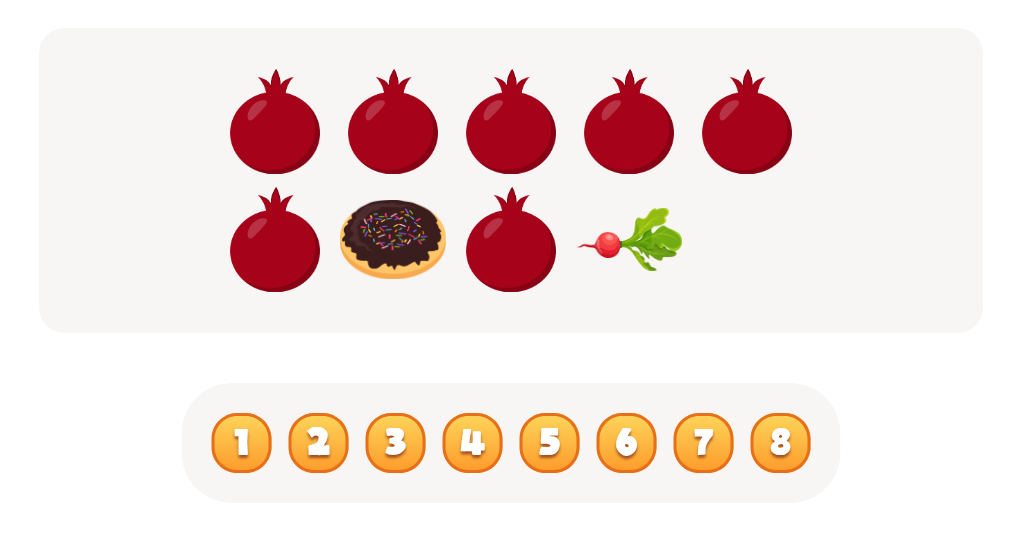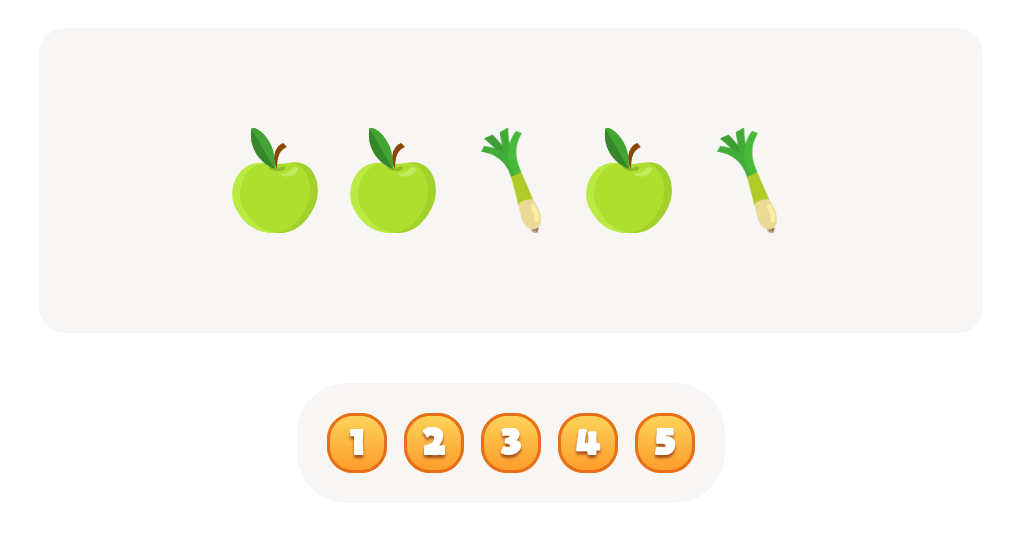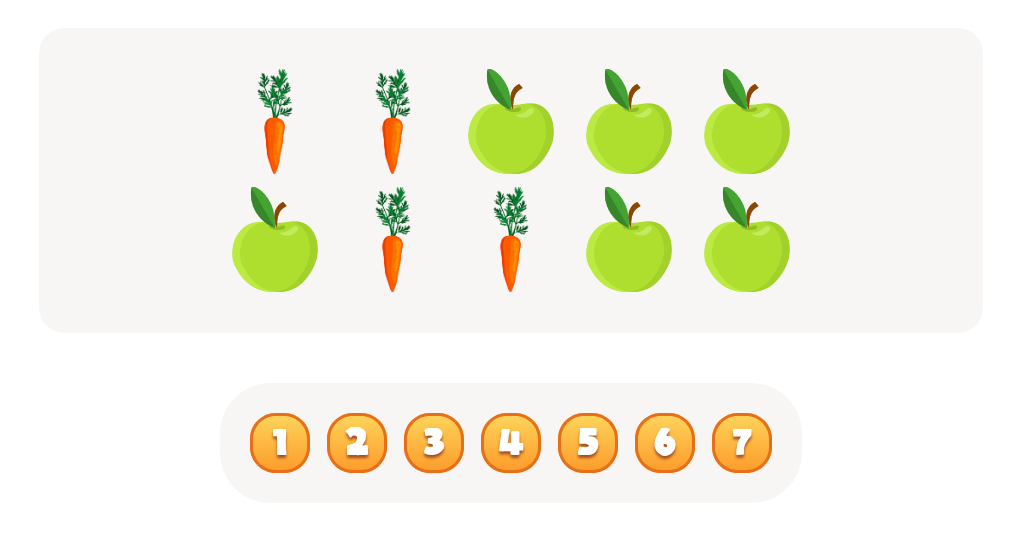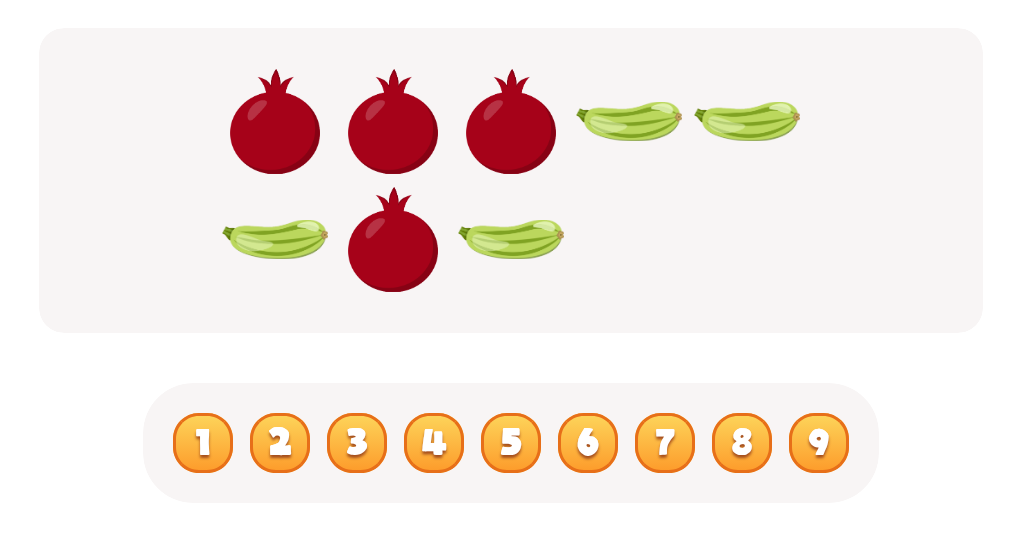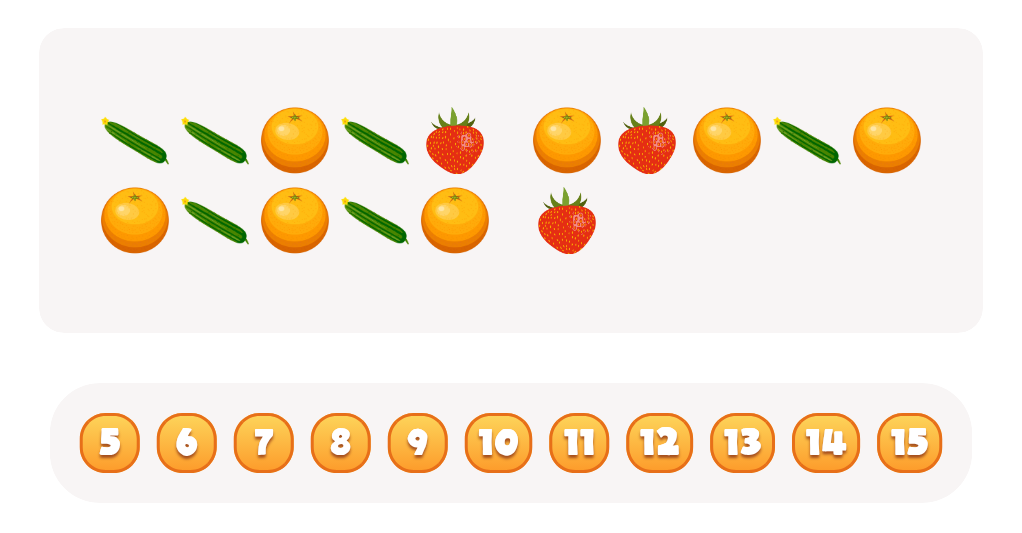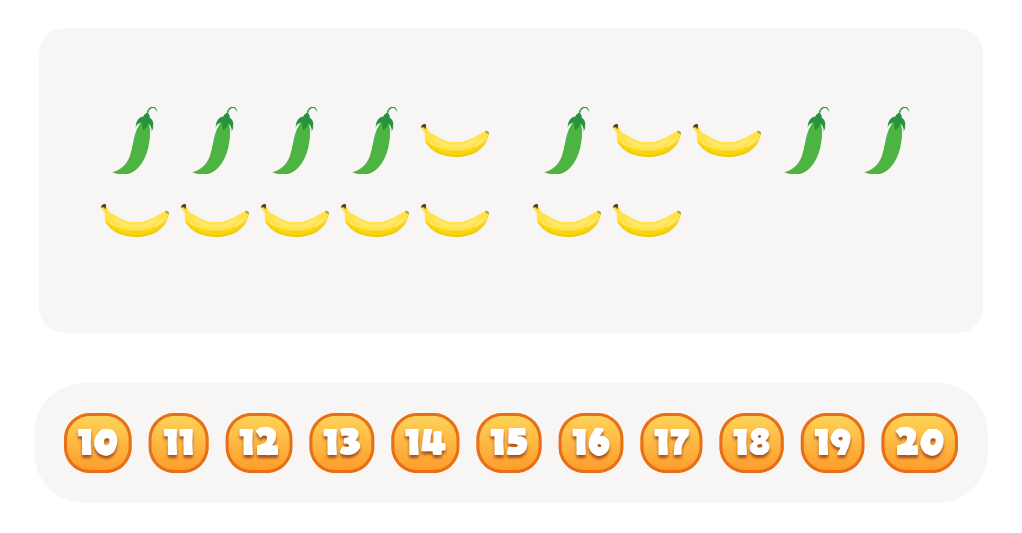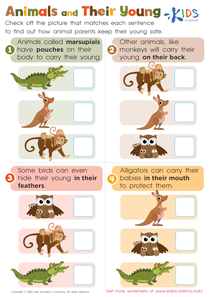Vocabulary expansion Normal Plants Worksheets for Ages 3-7
3 filtered results
-
From - To
Introduce your young learners to the wondrous world of plants with our "Vocabulary Expansion Normal Plants Worksheets" designed for ages 3-7! These engaging and educational worksheets provide a fun, interactive way to build essential vocabulary while exploring different types of plants. Each worksheet includes a variety of activities such as matching, coloring, and word tracing to keep children actively involved. Perfect for home or classroom use, these worksheets help develop early literacy and science skills, making learning about plants both enjoyable and enriching. Foster a love of nature in your child while expanding their vocabulary with our expertly curated resources.
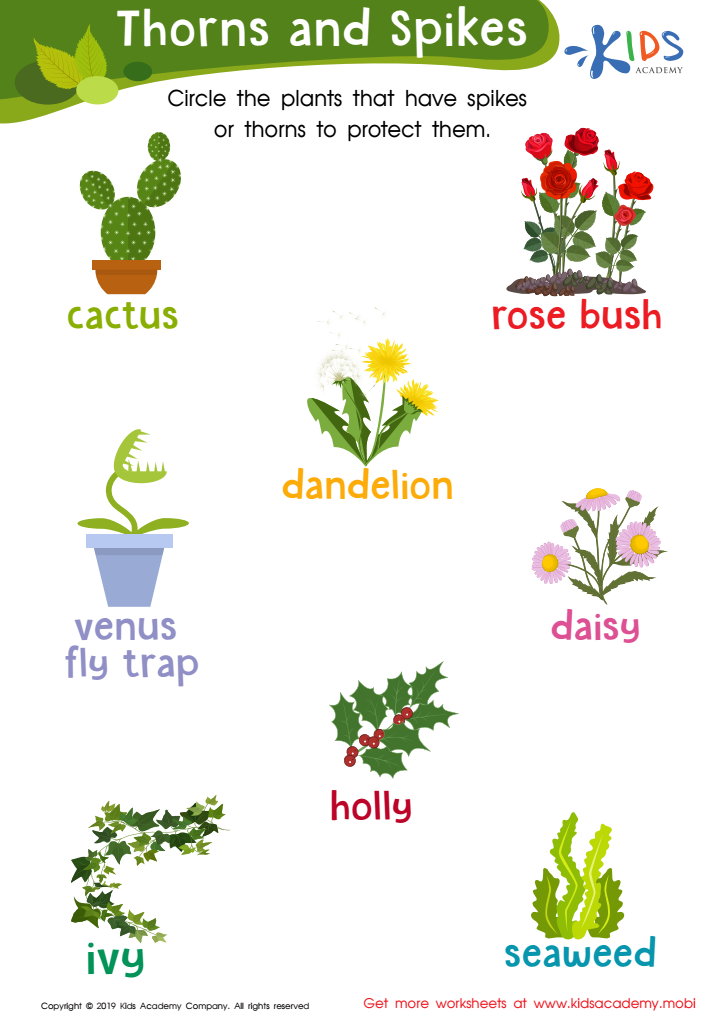

Thorns and Spikes Worksheet
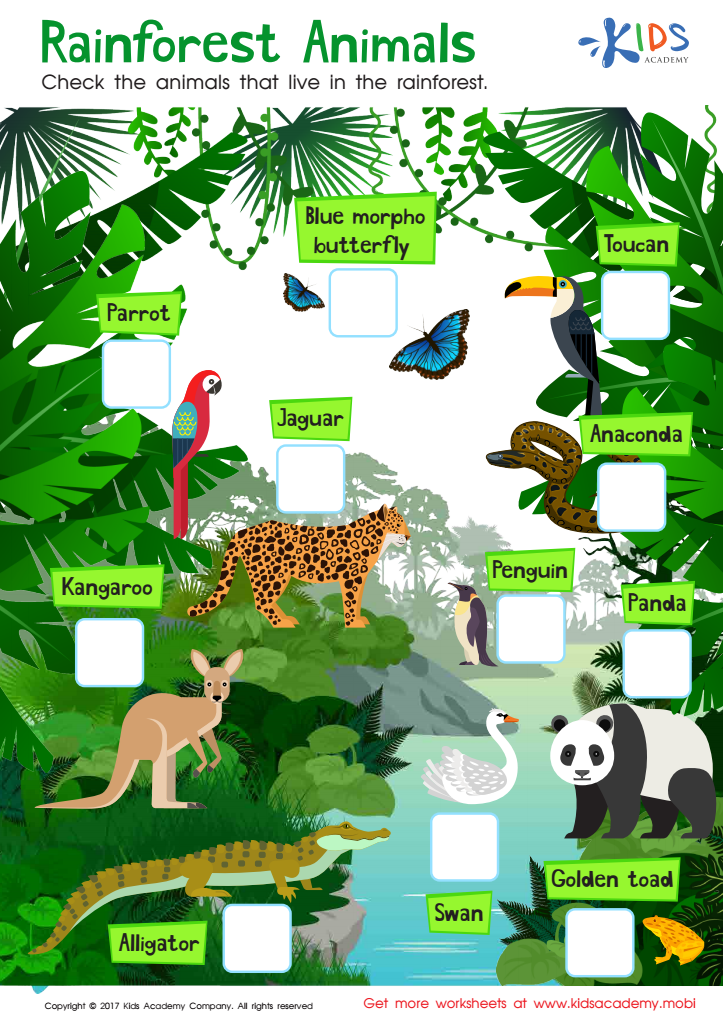

Rainforest Animals Worksheet
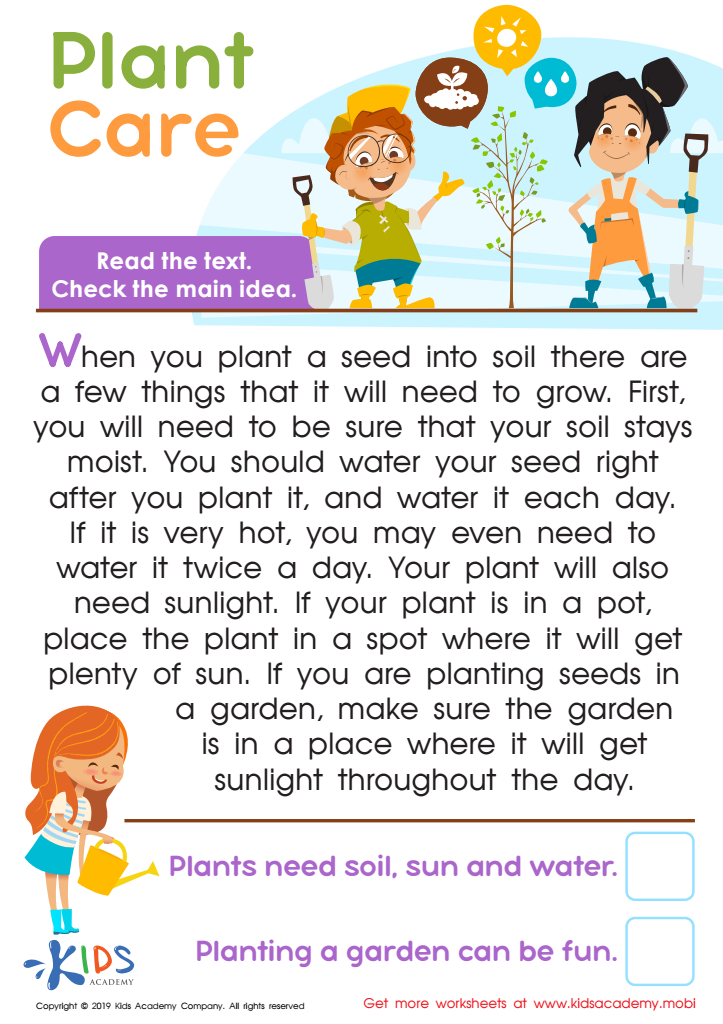

Plant Care Worksheet
Vocabulary expansion in early childhood, particularly in topics like normal plants, plays a crucial role in cognitive and language development for children aged 3-7. At this stage, young minds are incredibly receptive to learning new words and concepts. By introducing them to plant vocabulary—such as "roots," "stem," "leaves," "flower," and "soil"—parents and teachers are not only enriching their language skills but also fostering a connection with the natural world.
Understanding these basic terms helps children become more observant and curious about their surroundings. As they learn words related to plants, they begin to notice, describe, and ask questions about what they see in their environment, which can lead to deeper scientific understanding and appreciation.
Moreover, expanding vocabulary in this way supports future academic success. A rich vocabulary is foundational for reading comprehension and effective communication. When children grasp the language of everyday objects and phenomena like plants, they build a more substantial knowledge base that will benefit them in various subjects as they progress through school.
Encouraging vocabulary growth in this area also boosts social skills and self-esteem. Confidently naming and discussing plants can make children feel proud and eager to share their knowledge with peers and adults, promoting positive social interactions.
In summary, vocabulary expansion focusing on normal plants for young children enhances cognitive skills, fosters a love for nature, and lays the groundwork for future educational achievements.
 Assign to My Students
Assign to My Students
